Harry Potter, who uses the stage name Daniel Radcliffe, is a producer’s delight. By now it’s becoming clear that the four-eyed wizard lacks distinction as an actor. He’s not a comedian, certainly not a leading man or a heart-throb, and he hasn’t the ugliness or eccentricity to be a villain. But this Polyfilla quality means he can be dropped into anything without harming the fabric. His presence in Rosencrantz and Guildenstern Are Dead — a difficult and at times flimsy exhibition of varsity wit — is an insurance policy that will guarantee brisk business at the box office. He and his co-star Joshua McGuire play Hamlet’s faithless schoolfriends, who pootle around the corridors of Elsinore discussing existence, identity, chance, coincidence and mortality (‘death: the absence of presence’). Radcliffe’s defining attribute, bemused amiability, works well here and he doesn’t seem to mind that he’s being comprehensively outgunned by the goofily funny McGuire. And both are thrust into the shadows by the volcanic arrival of David Haig, who gives a masterclass in dominance as a street hustler who leads a troupe of strolling thesps.
The show is excellent to look at and it has a unique intellectual magic. The topics discussed by the idling philosophers include the following: what is the probability that the rules governing probability in our universe will operate in an alternative universe? There. One feels quite clever having merely written that down. Which is the special appeal of Tom Stoppard’s script. Its sparkling wordplay creates an ersatz erudition that steals into every corner of the house, and the spectators leave in a state of synthetic euphoria as if having just been nominated for the Solzhenitsyn Prize.
Playwright Steve Waters works like an oceanographer. He can plunge into any habitat on earth and emerge with a perfect snapshot of the monsters he has seen. He takes us to Limehouse in 1981, where a new movement (informally dubbed ‘the Centre Party’) is being forged by four disaffected Labour politicians. Anyone who recalls the feverish birth of the SDP will find this show captivating. The Gang of Four, as they were known, are already being manipulated by David Owen when they arrive at his home to plot the revolt against their party and its new leader, the sweet but unelectable brainbox Michael Foot.
The rebels find that their invitations have been staggered, at hourly intervals, so that Owen can work on them separately. Two issues haunt the meeting: will they attract enough defectors from the Labour backbenches? And which of the four will lead? Shirley Williams is the prime candidate, a female antidote to Margaret Thatcher, with cabinet experience and popular support across the country. Debra Gillett plays her as a genial fusspot, articulate but unimaginative, serviceable in opposition but with little talent for leadership. She entirely lacks the steel required of a commander. Bill Rogers comes across as an affable bag-carrier with the moral weight of a shuttlecock. David Owen is the most complex figure. An impatient pragmatist with no natural affiliation to the Labour party, he joined the movement because, as a doctor, he considered socialism the swiftest cure for avoidable evils. His claim for the captaincy is persuasive. He has youth on his side, and film-star looks and experience in high office, but his temperament is wrong. He’s secretive, conspiratorial and quarrelsome. In private he comes across as arrogant, emotionally cold and prone to eruptions of bad temper. What wasn’t realised at the time is that the other three thought him as trustworthy as a scorpion.
The star of this show is Roger Allam, whose Roy Jenkins is a study in pampered vanity. I marvelled at every detail. The task of turning Allam’s full head of hair into Woy’s unavailing struggle to conceal his baldness is managed brilliantly. Woy’s hairless and freckled scalp deserves a prize of its own. And Allam suggests a certain knowingness about Woy’s refusal to enunciate ‘r’ in the conventional fashion. His preference for words like ‘ridicule’, ‘rancorousness’, and indeed ‘preference’, may have been deliberate. And because Woy wears his sophistication very heavily one loves him for it. When he lobbies to be offered a mid-morning glass of claret he says, with innocent subtlety, ‘I am replete with caffeinated refreshment.’ That line exquisitely captures Woy’s carefully orchestrated erudition and his civilised hankering for the bottle.
I spotted a few errors. Owen’s landline has an American ringtone. The characters are too confident that the next election will come in 1983. Parliamentary terms were not fixed until 2010. Back in 1981 it seemed perfectly likely that a Tory coup against Mrs Thatcher would bring Whitelaw, Pym or Prior into power. Or even Heath who, until the Falklands war, seriously believed a comeback was possible. The final error is that the play is too short. Barely a couple of hours. I wanted four.
Got something to add? Join the discussion and comment below.
Get 10 issues for just $10
Subscribe to The Spectator Australia today for the next 10 magazine issues, plus full online access, for just $10.
You might disagree with half of it, but you’ll enjoy reading all of it. Try your first month for free, then just $2 a week for the remainder of your first year.

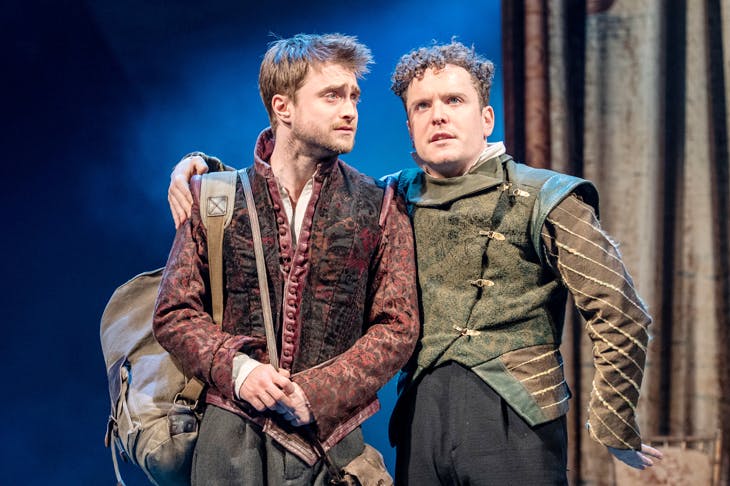


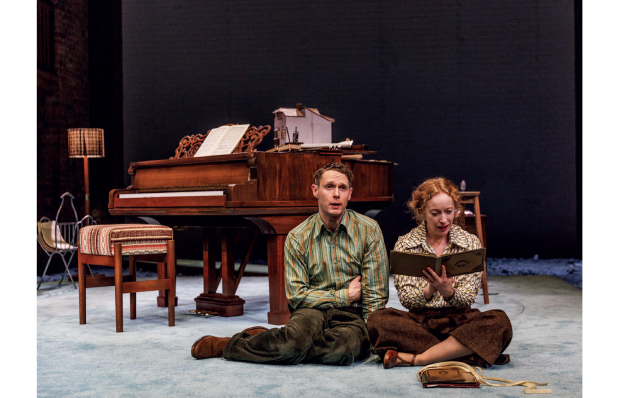
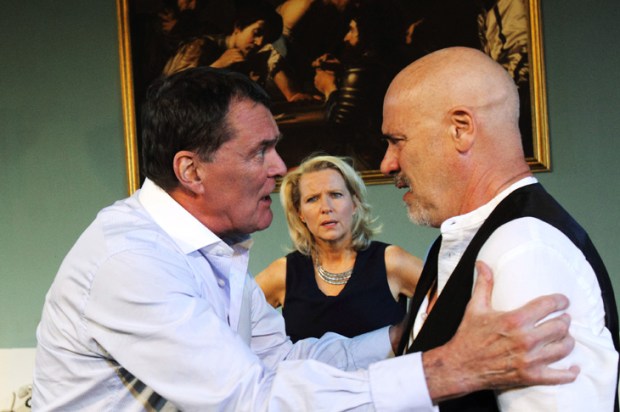
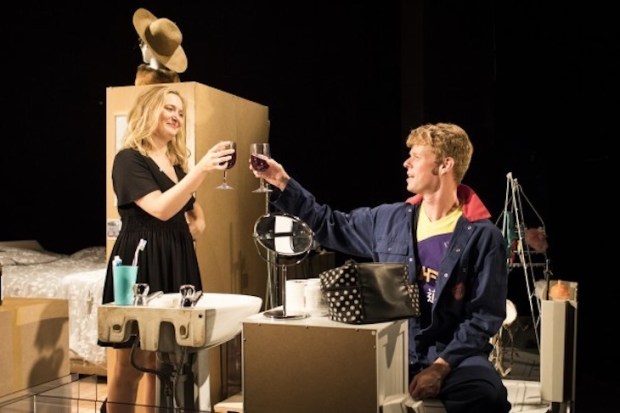
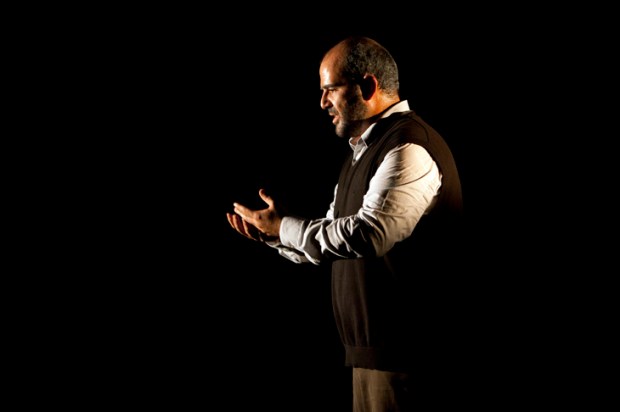






Comments
Don't miss out
Join the conversation with other Spectator Australia readers. Subscribe to leave a comment.
SUBSCRIBEAlready a subscriber? Log in